Design classes focus on how textual and cultural analysis combine with compelling research to guide aesthetic choices, and how thoughtful discussion can further develop those ideas. You will practice verbal, written, and visual communication skills in every course while completing research and preparing a variety of presentations. You will learn how to effectively critique your own and others' work with an eye for revision and growth, and learn how to incorporate a broad range of global perspectives and voices in your processes.
MFA in Theatre: Scenic Design
The plan of study in Scenic Design emphasizes aesthetic experimentation and collaboration, as well as the establishment of strong research and communication practices. We believe an effective designer is one who brings nuanced, well-supported ideas to every table and communicates well with design, technical, and performance colleagues.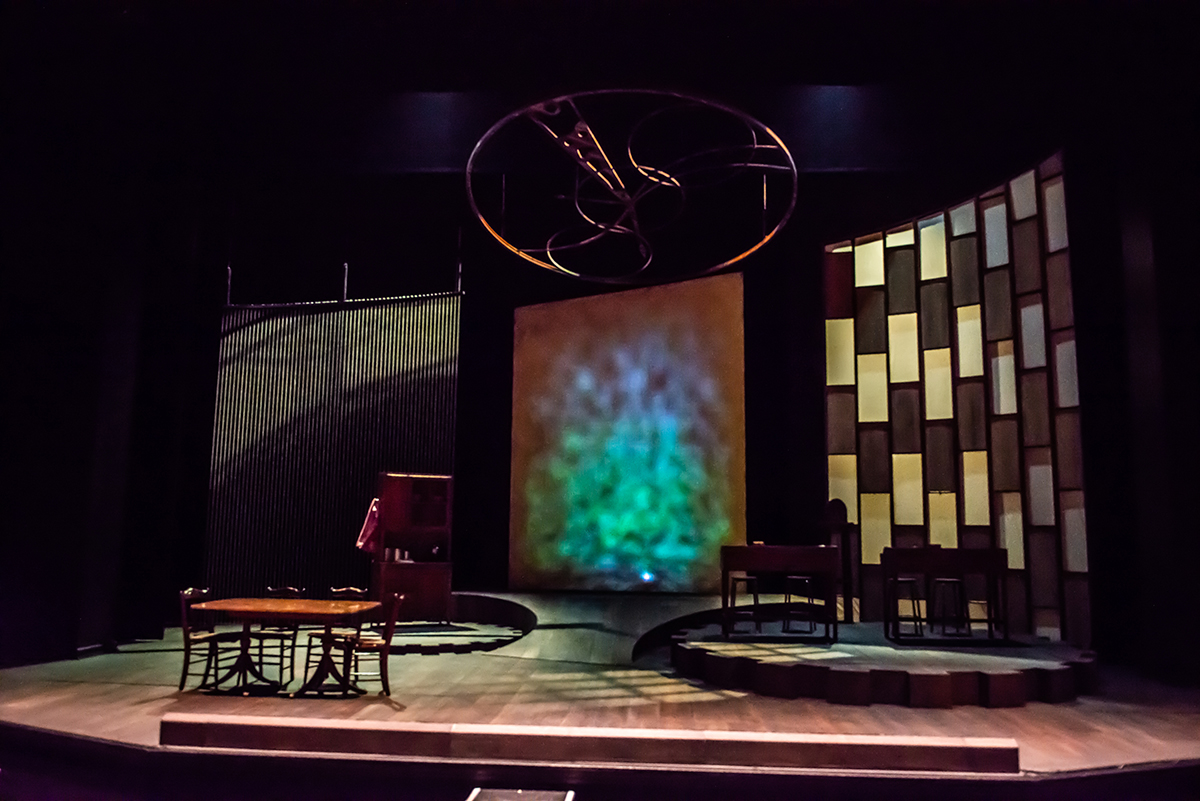
We are currently not recruiting for the MFA program in
CLASSES
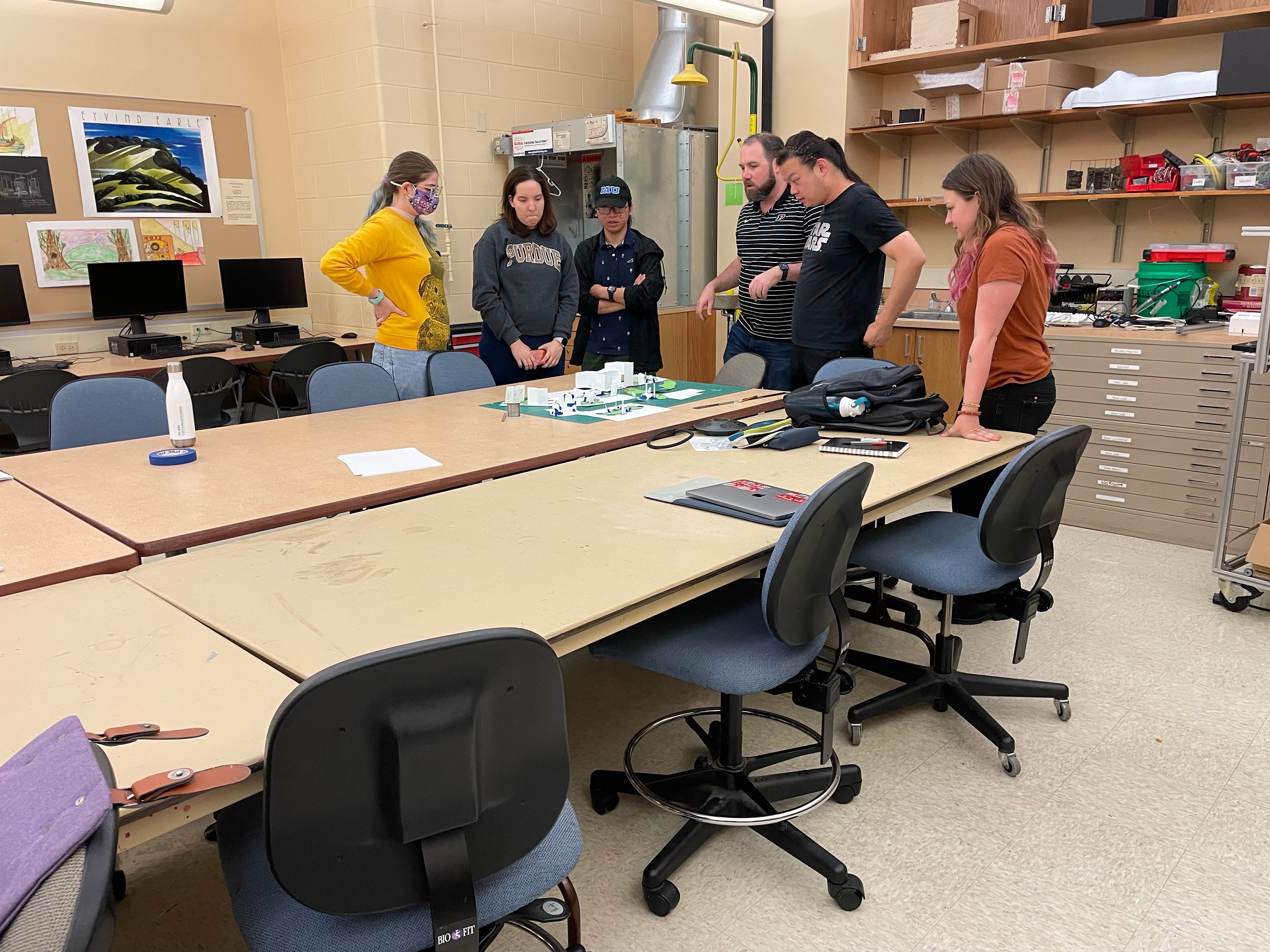
Design Courses
CLASSES
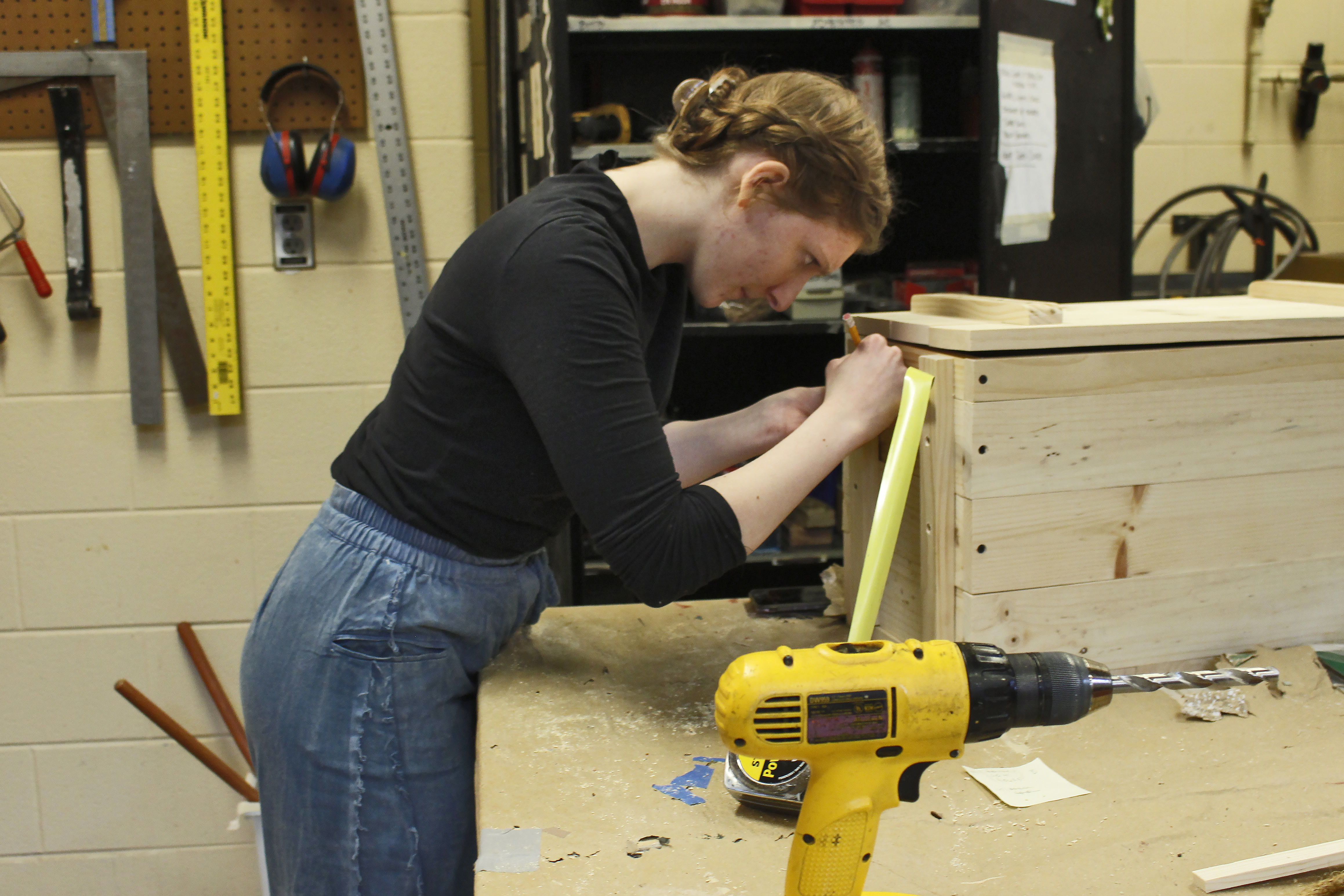
Skills Courses
FACILITIES
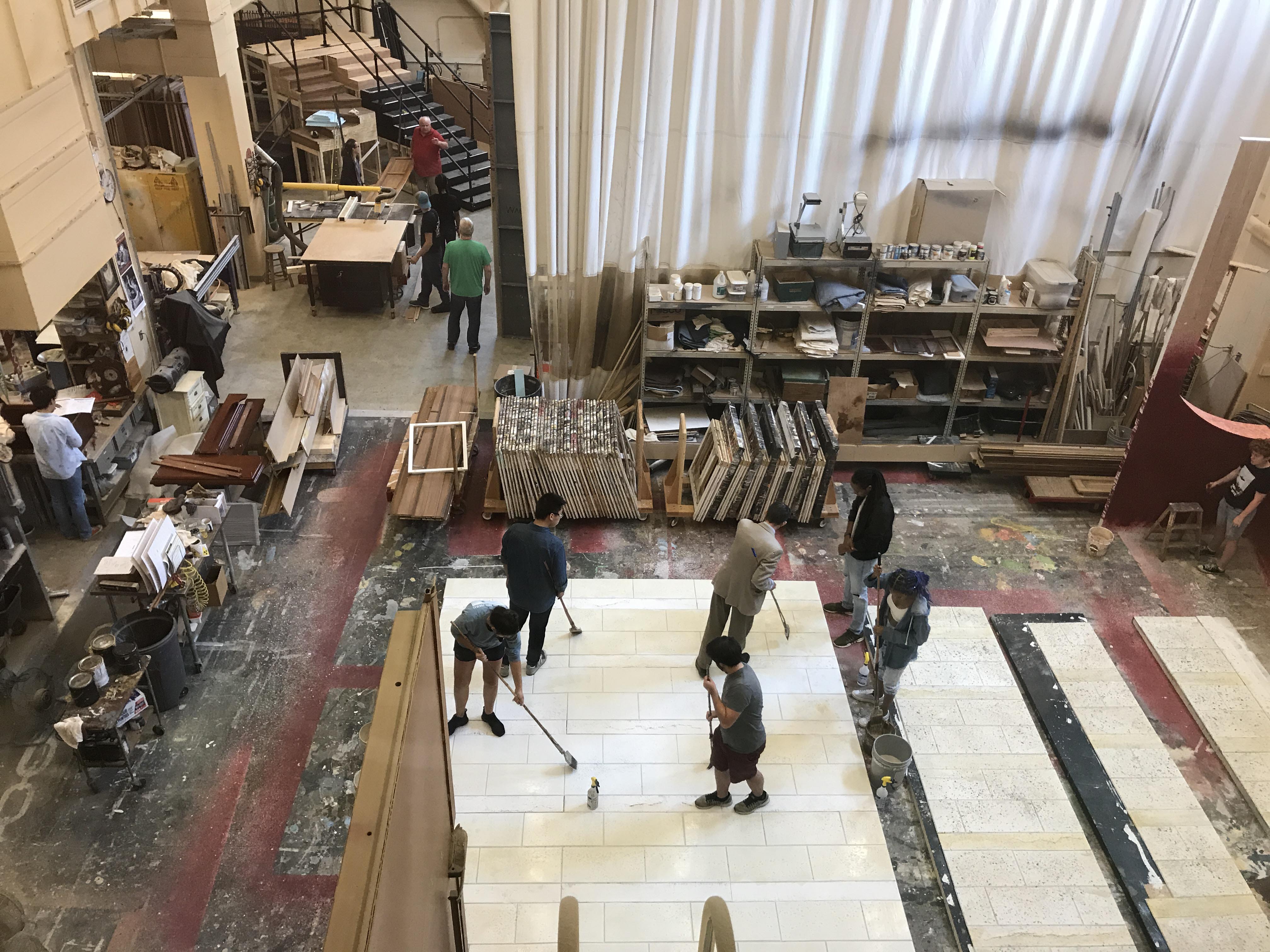
Scenic and Paint Shop and Support Facilities
At Purdue, you will have access to a fully equipped scenic and a spacious paint/prop shop, furnished with both traditional wood and metal working equipment as well as more advanced additive and subtractive manufacturing tools like a CNC router, laser cutter, and 3d printers. Design courses are typically held in the design studio, furnished to encourage collaboration and conversation supported with computer workstations that feature the newest versions of design and drafting software from the Adobe Suite to Vectorworks, AutoCAD, and more.
TERMINAL PROJECT
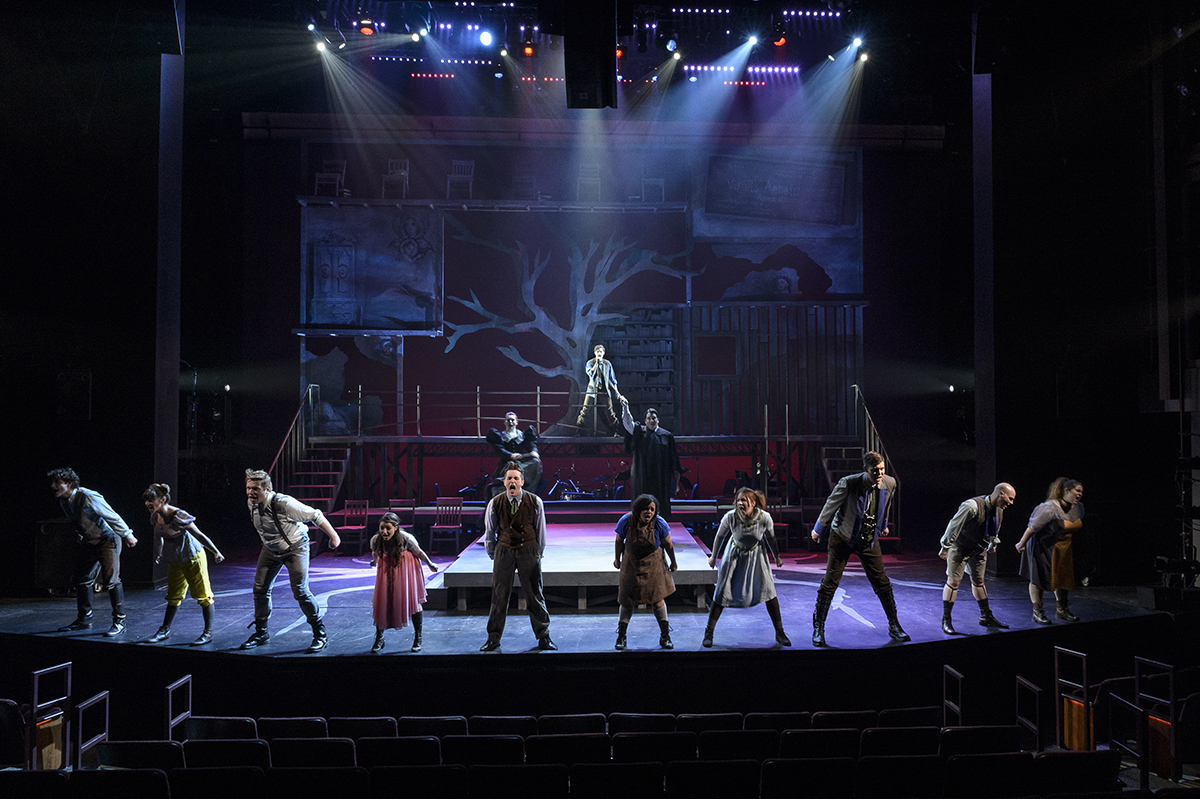
Production Work and Terminal Projects
During your time at Purdue, you will design scenery for multiple mainstage productions with the full support of the scenic shop; you will also have opportunities to participate in student- and faculty-led workshops. Designing a mainstage production with extensive research, preparation, and paperwork will be the culmination of your time at Purdue and serve as the basis for your Terminal Project.
ASSISTANTSHIPS
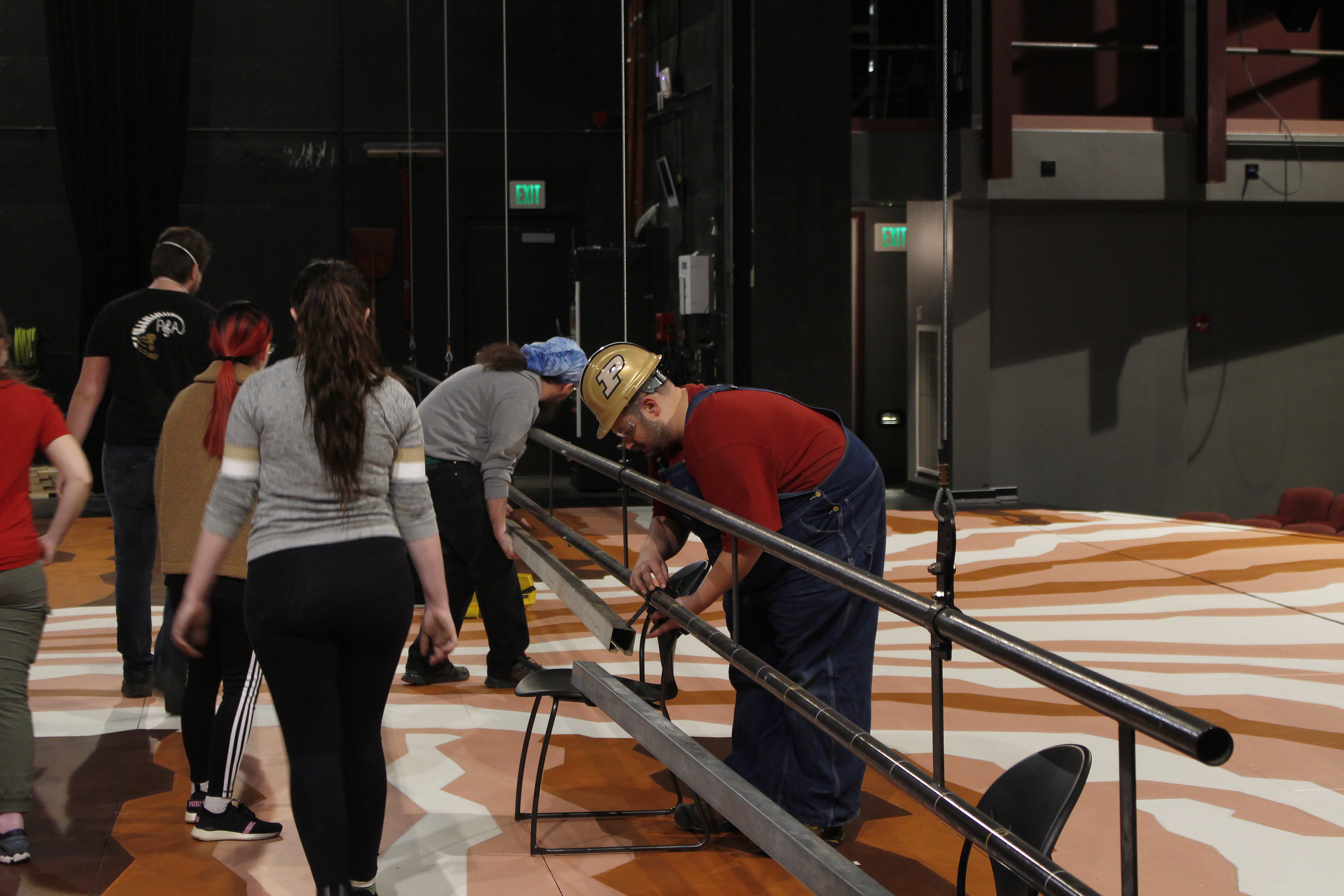
Assistantships and Funding
If you are awarded one, part of your graduate assistantship will include employment as painter and props artisan in the paint and props shop under the guidance of our staff paint and props supervisor; the remainder of your employment will be focused on teaching an introductory-level scenic course. With consistent guidance from your faculty mentor, you will create you own syllabi and assignments and lead class sessions. If your career goals eventually include college-level teaching, this is an opportunity to gain teaching experience and engage in reflection and revision of course content.
Assistantships provide a modest annual salary and cover full tuition costs. MFA applicants are automatically considered for an assistantship but are not guaranteed one.
